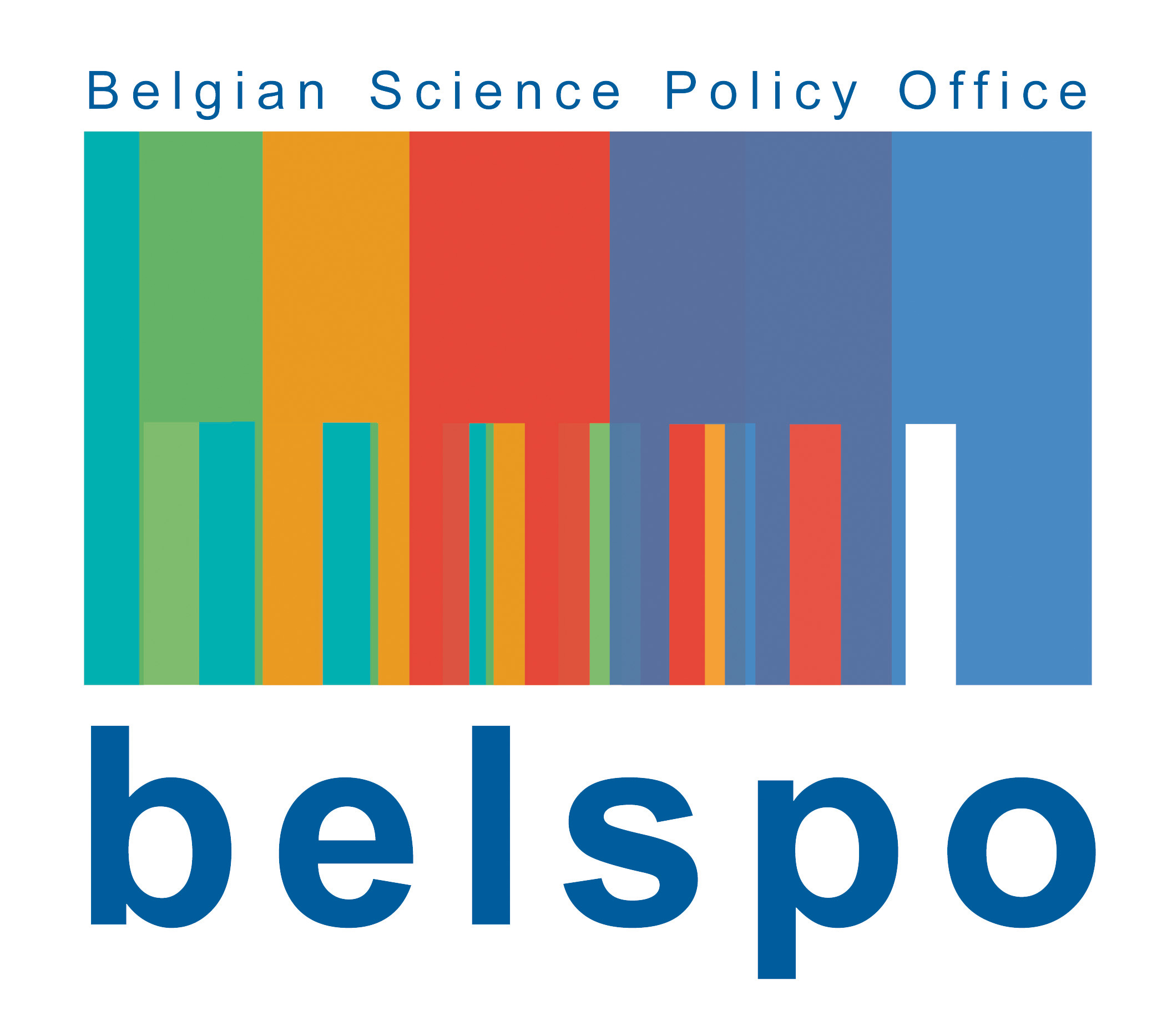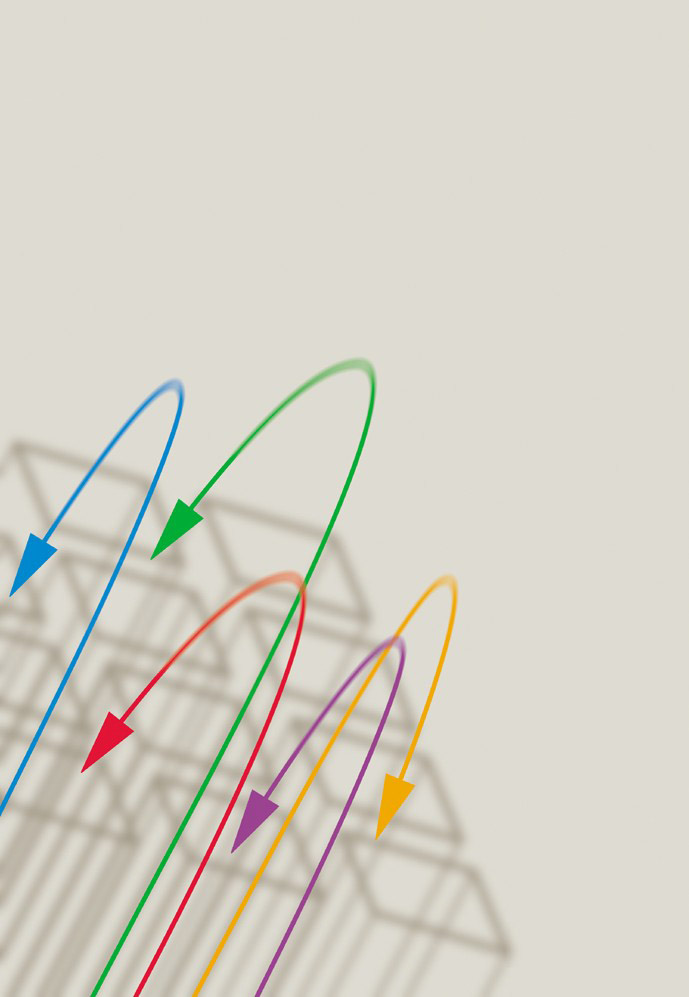

| P1 | Name: Institution / Laboratory: Main Skills: | JORIS Bernard ULg / CIP Bacteriology, bacterial molecular genetics, bacterial physiology, molecular biology, fluorescence microscopy, structural biology, protein chemistry, protein purification and production, biochemistry, enzymology, biophysics, plant molecular genetics, genomics, applied quantum chemistry, modelling |
| P2 | Name: Institution / Laboratory: Main Skills: | DEVREESE Bart UGent / L-ProBE The laboratory for Protein Biochemistry and Biomolecular Engineering (L-PROBE) is involved in the study of structure and function of proteins. It has a long standing tradition in biomolecular analysis with a focus on the use of mass spectrometry in the study of protein structures (native mass spectrometry) and in microbial proteomics. It owns both ESI and MALDI instrumentation, protein microsequencers along with (micro)purification methods for the separation of proteins and other molecular structures. Other skills: microbiology, enzymology, protein interactions. The organic chemistry group of Prof. J. Van der Eycken is involved in the synthesis of glycosyltransferase inhibitors. Main skills of the group are: organic synthesis; natural product synthesis, purification and spectral characterization (NMR, LC-MS, GC-MS, IR, UV); synthesis of carbohydrate analogues; solid phase synthesis; peptide synthesis; synthesis of peptidomimetics; design and synthesis of privileged heterocyclic scaffolds; asymmetric catalysis for application in synthesis. |
| P3 | Name: Institution / Laboratory: Main Skills: | SOUMILLION Patrice UCL / BGMB are in biochemistry, enzymology, protein and peptide engineering, protein folding, bacterial genetics and organic synthesis. In relation to WP1, partner 3 has experience in bacterial oxidative folding of proteins in vivo and in vitro. Regarding WP2, partner 3 has experience in generating mutant libraries of beta-lactamases and PBPs, designing selection strategies and enzyme purification and characterization. Regarding WP3, partner 3 has experience in generating libraries of biosynthetic cyclic peptides and developing selection strategies as well as in organic synthesis of beta-lactam compounds. |
| P4 | Name: Institution / Laboratory: Main Skills: | BRASSEUR Robert ULg / CBMN Creator of the home-made main software Zultime, molecular modelling of the different components of membrane, simulation of protein/membrane interaction, protein sequence analysis, Docking, molecular dynamics (Gromacs), simulation of protein (peptide) folding, peptide design, experimental analysis of peptide/membrane interaction by fluorescence techniques, circular dichroism to study peptide conformation (in the presence of lipids), Langmuir-Boldgett through to measure the effect of insertion and interaction of a molecule (peptide) on the surface pressure of a lipid monolayer. |
| P5 | Name: Institution / Laboratory: Main Skills: | HERDEWIJN Piet KUL / MedChem This partner is head of the Laboratory of Medicinal Chemistry, Rega Institute. One part of the laboratory is involved in bioorganic synthesis, i.e. the synthesis of nucleosides, carbohydrates, amino acids and their oligomers. The other part of the laboratory is involved in structural biology (using NMR and modelling as tools) and analysis (using MS and NMR as tool). The laboratory has also a small unit for protein production and purification. The scientific research projects are focussed on infectious diseases and immunology. |
| P6 | Name: Institution / Laboratory: Main Skills: | SCHOOFS Liliane KUL / Functional Genomics and Proteomics Neurobiology of model organisms, Caenorhabditis elegans; construction of transgene C. elegans, behavioural assays for locomotion, learning, feeding including automation using microfluidics, Confocal microscopy for the in vivo analysis of fluorescent transgene worms with defect CNS. Interactomics or the study of interactions between proteins by means of cell-based assays; Peptidomics or the systematic analysis of (neuro)peptides by means of LC-MSMS. |
| INT1 | Name: Institution / Laboratory: Main Skills: | REDFIELD Christina UOXF / Laboratory of Molecular Biophysics Biomolecular Nuclear Magnetic Resonance Spectroscopy. Applications of NMR to the study of the structure, dynamics, folding and interactions of proteins. Systems currently under study include DsbD and Ccm proteins from the bacterial periplasm, the partially folded molten globule state of alpha-lactalbumin, extracellular matrix proteins containing calcium binding EGF domains, lysozyme from bacteriophage lambda |
| INT2 | Name: Institution / Laboratory: Main Skills: | MENGIN-LECREULX Dominique UPS / Enveloppes Bactériennes et Antibiotiques Microbiology, molecular biology, biochemistry, enzymology. Identification of genes involved in bacterial cell-wall peptidoglycan metabolism, inactivation of these chromosomal genes and construction of conditional mutant strains, purification and biochemical characterization of soluble and membrane enzymes involved in this process, development of HPLC techniques for the determination of the pool levels of soluble and lipid intermediates of this pathway, determination of the peptidoglycan composition and structure and analysis of its diversity in bacterial world, elucidation of the mode of action of antibiotics and bacteriocins targeting this pathway, elucidation of the mechanisms of resistance developed by bacteria to resist to antibiotics, identification of peptidoglycan molecular requirements allowing detection of this cell-wall component by innate immunity mechanisms in various hosts. |
| INT3 | Name: Institution / Laboratory: Main Skills: | VAN WEZEL Gilles LU / Molecular Biotechnology Streptomyces research has a history of around 25 years in the group of Partner INT3 and the overall research theme is to uncover the global regulatory networks that govern the developmental programme, using innovative and multi-disciplinary approaches. We have extensive expertise in advanced molecular biology, proteomics & mass spectrometry, confocal fluorescence microscopy, live cell imaging, electron microscopy, fermentation technology and high-throughput screening, In terms of subjects, the group works in the fields of cell division, carbon metabolism and natural product discovery (antibiotics and industrial enzymes). We compete at the highest level in this competitive field of microbiology, illustrated among others by an average impact factor of 5.3 for all peer-reviewed research papers since 2005 (IF of the leading microbiology journal Molecular Microbiology is 5.35; median/aggregate IF for entire microbiology is 2.4/3.5). The papers on nutrient sensing (collaboration with Dr. Rigali, CIP, Liege), belong to the top 1% most cited papers since they were published. Prof. van Wezel among others received a KNAW Research Fellowship (Royal Netherlands Academy for Arts and Sciences; 2001-2006), followed by a VICI grant (2008), which is the major personal fellowship in the Netherlands. |